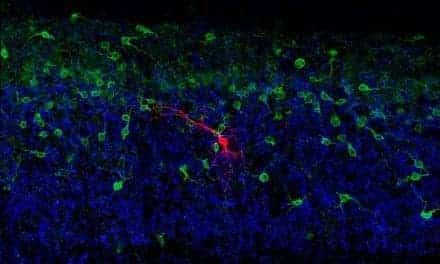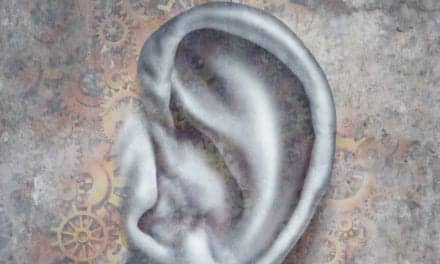School hearing tests cannot effectively detect adolescent high-frequency hearing loss, which is typically caused by loud noise exposure, according to researchers at Penn State College of Medicine.
The Pennsylvania Department of Health mandates school-administered hearing screens for children in kindergarten to the 3rd, 7th, and 11th grades. The school screenings primarily focus on low-frequency hearing loss. This is logical for young children, who are more likely to develop low-frequency hearing loss due to fluid in the ear after a bad cold or an ear infection. Adolescents, however, are more susceptible to high-frequency hearing loss, usually brought on by exposure to loud noises, but the same tests are used on adolescents and young children.
Deepa Sekhar, MD, assistant professor of pediatrics, compared the results of a special hearing screening designed to detect noise-related high-frequency hearing loss with the results of the standard Pennsylvania school hearing test. The researchers reported their findings in the Journal of Medical Screening.
Both screenings test the ability to hear a tone at a specific loudness. The tone is played at different frequencies, or pitches. The screening for noise-related hearing loss tests the ability to hear higher pitches—up to twice the frequency of the Pennsylvania school screen.
Screening participants were 11th grade students at Hershey High School. Researchers administered both the statewide school screening and a high-frequency screening. Of the 282 participants, 5 failed the Pennsylvania school test and 85 failed the noise-related test. Of the group of 48 students returned for testing by an audiologist in a soundproof booth, 9 were diagnosed with hearing loss.
“More participants failed the initial screening than we predicted,” said Sekhar. “Even with the effort and care put in by school nurses across the state, the current Pennsylvania school screen just isn’t designed to detect high-frequency hearing loss in adolescents.”
About 1 in 5 adolescents experiences hearing loss, and most of this is high-frequency hearing loss related to continued exposure to noise hazards. Early detection and avoidance of loud noises can prevent hearing loss from progressing. To efficiently detect adolescent hearing loss, schools across the United States may need to consider alternate tests that are better designed to detect noise-related high-frequency hearing loss.
“The results of this study have the potential to reach schools across the nation, as many use screens similar to those used in Pennsylvania schools,” said Sekhar. “We are currently working on a follow-up study at Lebanon High School in partnership with Penn State Nursing to further improve the high-frequency school hearing screen for use in the school setting.”
Other Penn State College of Medicine researchers on the study were Tonya King, professor of biostatistics; Beth Czarnecki, audiologist; Shannon Grounds, audiologist; Ashley Barr, audiologist; and Ian Paul, professor of pediatrics and public health sciences. Other researchers include Soha Ghossaini, associate professor of otolarynglogy, University of Illinois, Chicago; Thomas Zalewski, Bloomsburg University; Julie Rhoades, Impulse Monitoring, Inc.; and Barry Deese, Summit ENT & Hearing Services.
The Academic Pediatric Association/Maternal and Child Health Bureau Young Investigator Award funded this research.
Source: Penn State News






